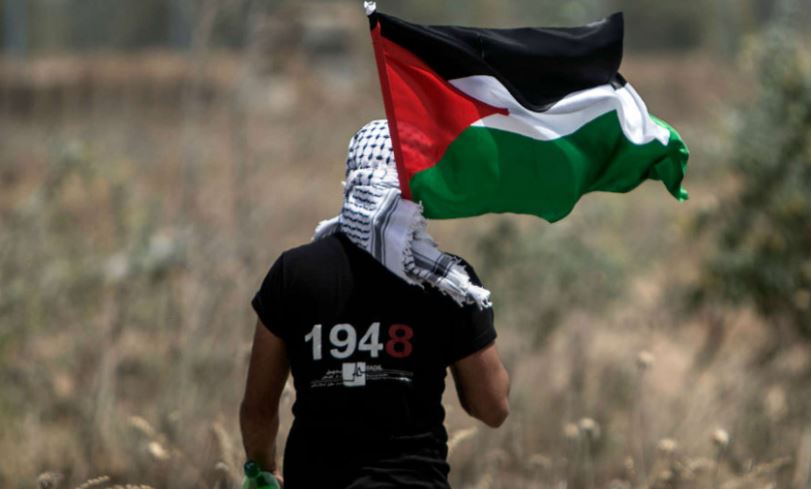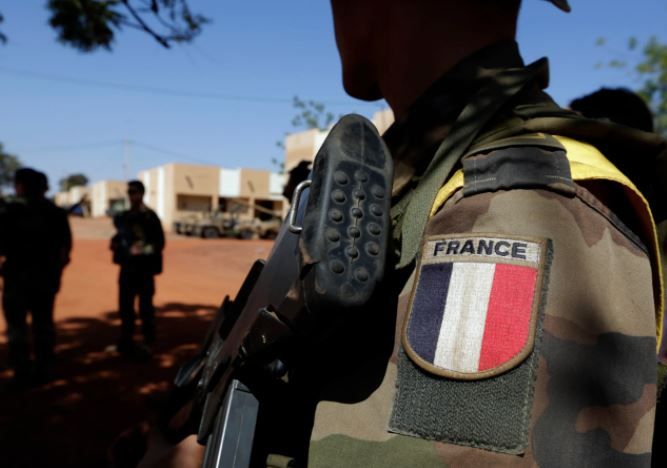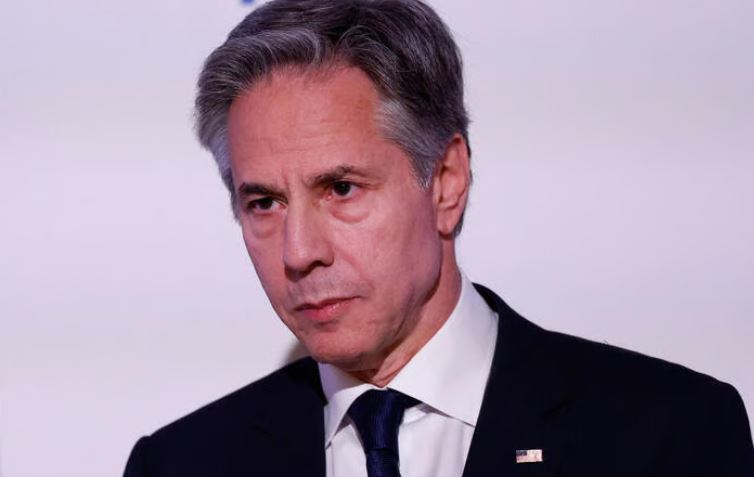
Africa barely had any coronavirus cases but many African governments have felt compelled to lock everything down as a result of all the hysteria they were seeing around the world.
AP:
Some of Uganda’s poorest people used to work here, on the streets of Kampala, as fruit sellers sitting on the pavement or as peddlers of everything from handkerchiefs to roasted peanuts.
Now they’re gone and no one knows when they will return, victims of a global economic crisis linked to the coronavirus that could wipe out jobs for millions across the African continent, many who live hand-to-mouth with zero savings.
“We’ve been through a lot on the continent. Ebola, yes, African governments took a hit, but we have not seen anything like this before,” Ahunna Eziakonwa, the United Nations Development Program regional director for Africa, told The Associated Press. “The African labor market is driven by imports and exports and with the lockdown everywhere in the world, it means basically that the economy is frozen in place.
“And with that, of course, all the jobs are gone.”
More than half of Africa’s 54 countries have imposed lockdowns, curfews, travel bans or other measures in a bid to prevent local transmission of the virus. They range from South Africa, where inequality and crime plague Africa’s most developed country, to places like Uganda, where the informal sector accounts for more than 50% of the country’s gross domestic product.
What this means is that many more millions of Africans are going to die from starvation as these already fragile economies collapse into a depression.
This is a good thing for the world. Blacks were breeding in unsustainable numbers and threatening to overwhelm the West due to retarded Jewish immigration policies. The coronavirus hysteria is indirectly going to help solve both of these problems at once.








